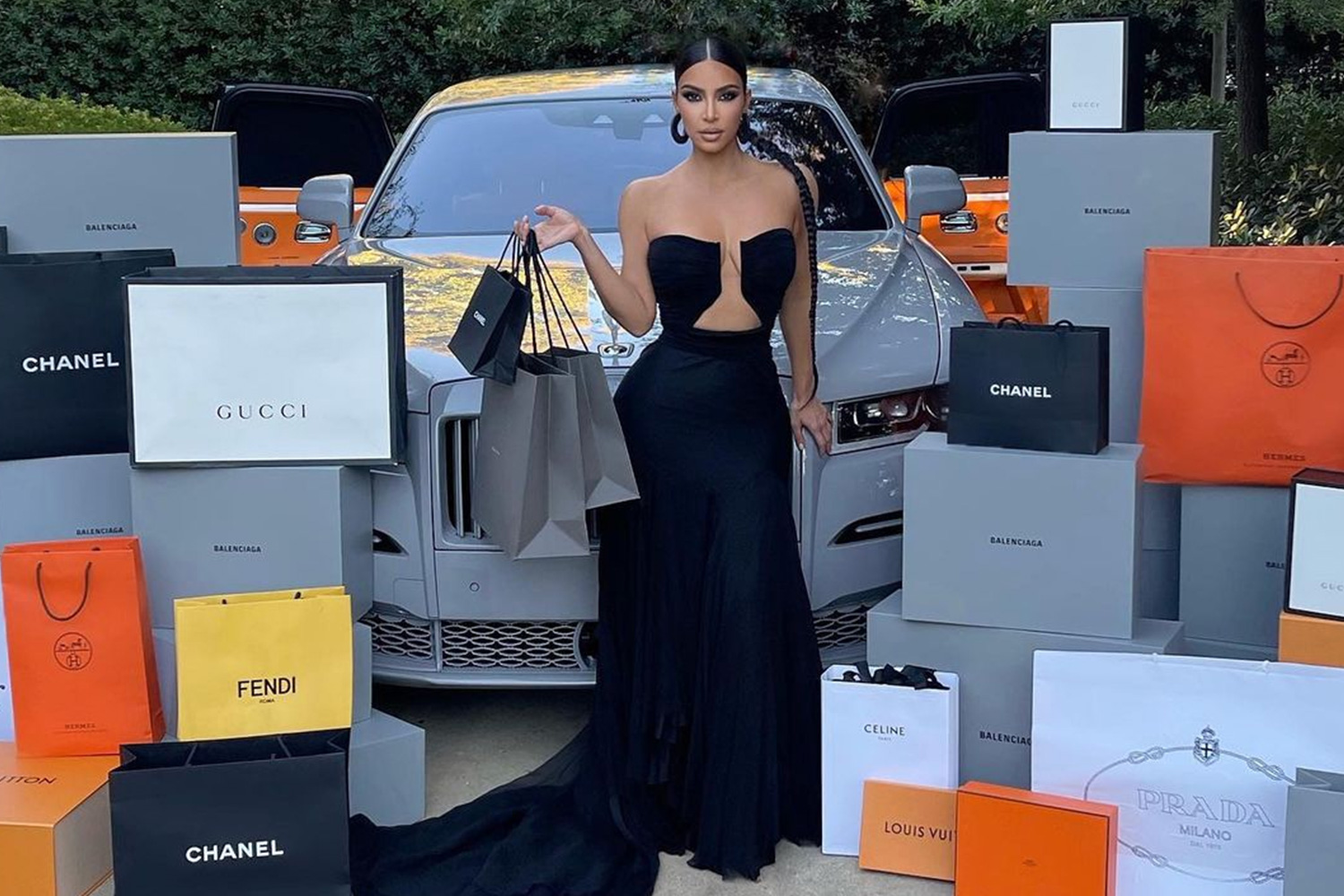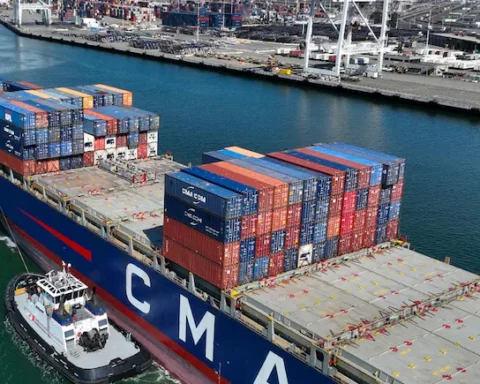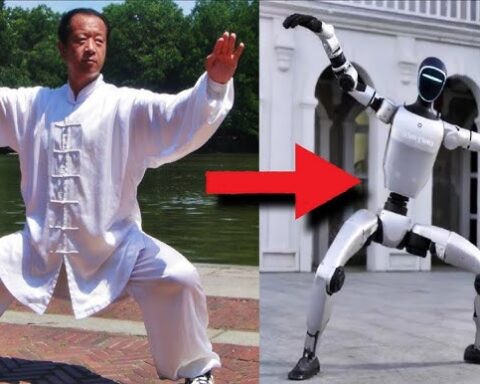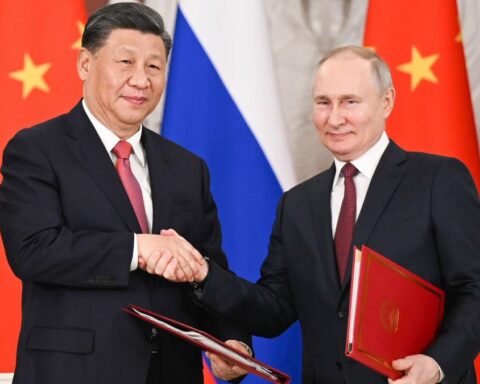A heated online debate is unfolding on Chinese social media as creators and influencers shine a light on luxury American brands that advertise “Made in USA” while secretly manufacturing their products in Chinese factories.
This backlash comes in the wake of President Trump’s recent threats to impose tariffs of up to 125% on all Chinese imports.
In response, China is not remaining quiet. Platforms like TikTok are now inundated with videos featuring Chinese factory workers exposing the true origins of popular items, including Michael Kors handbags, Coach purses, and Levi’s jeans, all of which are marketed as “American-made.”
One viral TikTok video features AI-generated clips of Trump and Elon Musk putting on Nike sneakers in a Chinese factory.
This satirical content has ignited genuine discussions. “How can they charge $500 for a bag that only costs $30 to produce here?” questions one creator, highlighting tags and packaging marked from Guangdong and Zhejiang.
Also Read:https://mediawireexpress.co.tz/china-stands-firm-amid-rising-u-s-tariff-pressure/
Even prestigious brands like Ralph Lauren and Calvin Klein, traditionally linked to American craftsmanship, are facing scrutiny.
Factory workers are revealing contract orders by sharing photos and videos of large production runs for these American labels, highlighting the surprisingly low costs associated with their production.
This situation goes beyond mere online drama. The revelations are driving China’s grey market, where luxury goods—often produced on the same assembly lines—are available at a fraction of the prices seen in the U.S. This has led Chinese consumers to question why they should pay premium prices for items made locally.
The label “Made in China” has long been associated with cheap, hastily made products in factories with poor working conditions, and it’s well-known that fast fashion relies on these low-cost manufacturing processes to boost profit margins. However, highlighting that even luxury goods are produced under similar conditions undermines the illusion of exclusivity and quality that wealthy consumers and status seekers rely on.
As trade tensions rise, so does the battle for transparency. Chinese manufacturers and social media influencers are definitely not backing down until this raging trade war between USA and China comes to a reasonable conclusion.







